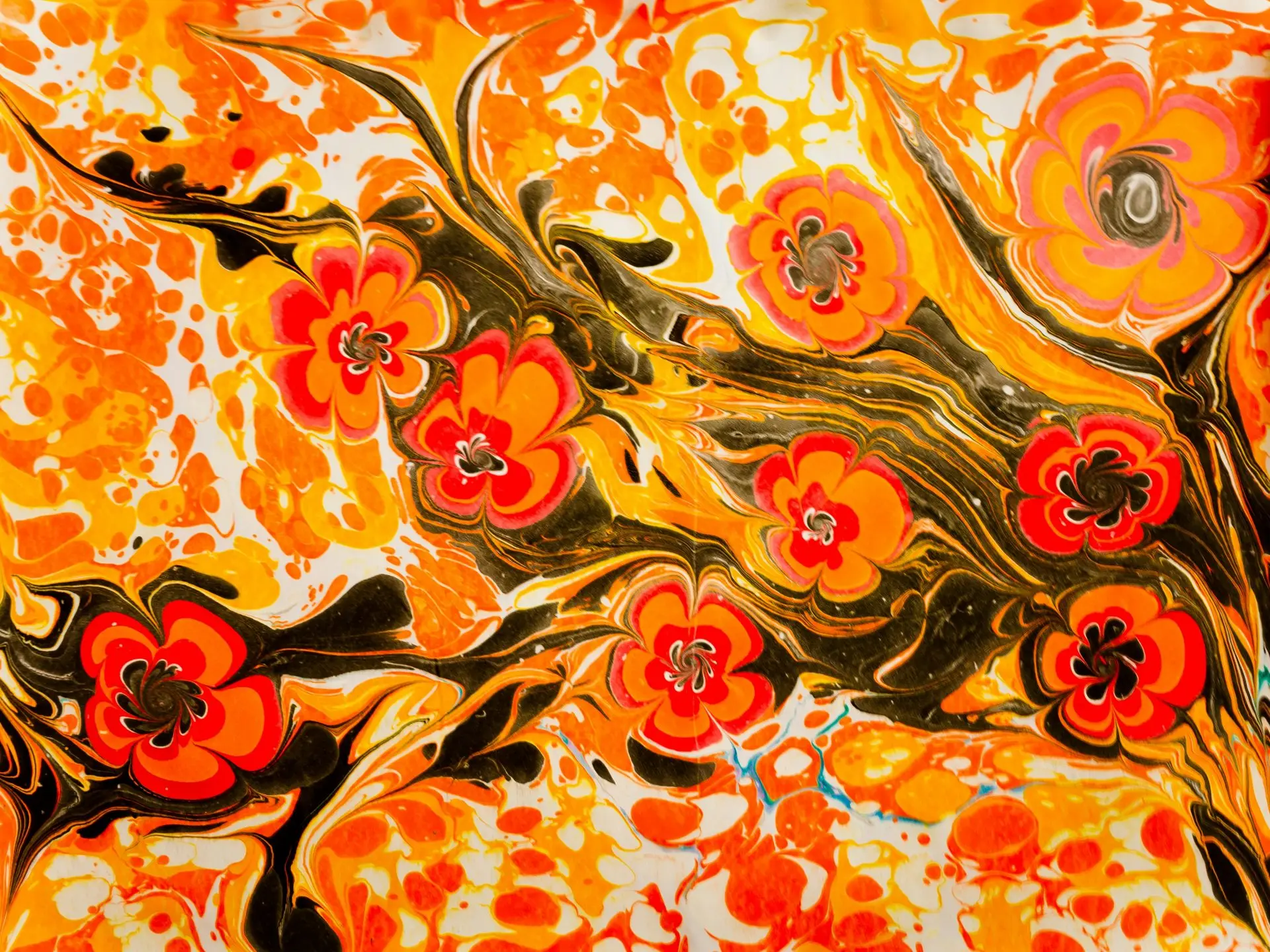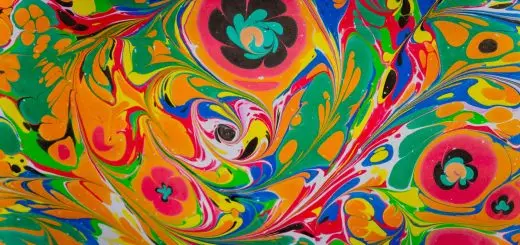Jizo Bodhisattva: Protector of Children and Travelers

Looking for more amazing products? Check out our online store and explore our collection here! Happy shopping!
Before diving in, please note: This post is for informational purposes only. If you’d like to know more about how we approach topics, feel free to check out our friendly Disclaimer Page.
Hey there, amazing readers! 
We’re committed to delivering quality posts, and your support (even just sticking around despite the ads) means everything to us. So, bear with us, and thanks for helping us keep the good vibes rolling. Now, on to the fun stuff!
TRANSLATE BUTTON AT THE END OF THE ARTICLE
Overview
Jizo Bodhisattva is a revered figure in Buddhism, known as the protector of children and travelers.
This compassionate bodhisattva is venerated for his role in guiding and safeguarding those in need.
With a rich history and deep symbolism, Jizo Bodhisattva holds a special place in Buddhist teachings and rituals.
This article aims to explore the origins, symbolism, role, iconography, temples, rituals, stories, and contemporary practices associated with Jizo Bodhisattva.
Introduction to Jizo Bodhisattva
Jizo Bodhisattva, also known as Ksitigarbha, is a widely revered bodhisattva in Buddhism.
Bodhisattvas are beings who have attained enlightenment but choose to delay their entry into nirvana to alleviate the suffering of others.
Jizo Bodhisattva is particularly known for his compassionate nature and his dedication to helping those who are suffering, especially children and travelers.
Origins and Symbolism of Jizo Bodhisattva
The origins of Jizo Bodhisattva can be traced back to ancient Buddhist scriptures and Mahayana teachings.
In these texts, Jizo is described as a bodhisattva who took a vow to not enter nirvana until all beings are liberated from suffering.
Symbolically, Jizo represents the commitment to compassion and the belief in the potential for enlightenment in all sentient beings.
The Role of Jizo Bodhisattva in Buddhism
Jizo Bodhisattva plays a significant role in Buddhism, particularly in East Asian countries such as Japan, China, and Korea.
He is seen as a guardian and protector, providing guidance and support to those in need.
Jizo is believed to have the ability to rescue beings from the realms of suffering and guide them towards enlightenment.
Jizo Bodhisattva and Children’s Welfare
One of the most prominent aspects of Jizo Bodhisattva’s role is his protection of children.
In many Buddhist traditions, Jizo is seen as a guardian deity for children, especially those who have died prematurely or suffered tragic deaths.
It is believed that Jizo guides these children and ensures their well-being in the afterlife.
Jizo Bodhisattva as a Guardian of Travelers
In addition to his role as a protector of children, Jizo Bodhisattva is also revered as a guardian of travelers.
In Japan, for example, Jizo statues are often found along roadsides, mountain paths, and near bodies of water.
These statues serve as a source of protection for those embarking on journeys, offering spiritual guidance and safety.
Jizo Bodhisattva’s Iconography and Depictions
Jizo Bodhisattva is often depicted as a monk-like figure adorned in traditional Buddhist robes.
He carries a staff in one hand, symbolizing his role as a guide, and a wish-fulfilling jewel in the other, representing compassion and enlightenment.
Jizo’s shaved head signifies his renunciation of worldly desires and his dedication to the path of enlightenment.
Popular Jizo Bodhisattva Statues and Temples
Throughout Buddhist communities, Jizo Bodhisattva is honored through the creation of statues and the construction of temples dedicated to his reverence.
Some of the most famous Jizo statues can be found in Japan, such as the “Makomanai Takino Cemetery of Souls” in Hokkaido, which features thousands of Jizo statues.
These temples and statues serve as places of worship and pilgrimage for those seeking the blessings and protection of Jizo Bodhisattva.
Rituals and Offerings Associated with Jizo Bodhisattva
Devotees engage in various rituals and offer prayers to Jizo Bodhisattva to seek his assistance and protection.
These rituals often involve lighting incense, presenting offerings such as flowers, food, and drink, and reciting prayers or mantras.
By engaging in these practices, individuals express their gratitude and seek the blessings of Jizo Bodhisattva.
Stories and Legends Surrounding Jizo Bodhisattva
Jizo Bodhisattva is the central figure in numerous stories and legends passed down through Buddhist traditions.
These narratives often highlight Jizo’s compassionate actions, such as rescuing beings from hell or helping lost souls find their way.
One well-known story tells of Jizo descending to hell to ease the suffering of those trapped there, offering them hope and the possibility of liberation.
Jizo Bodhisattva in Other Cultures and Religions
While Jizo Bodhisattva is most commonly associated with Buddhism, his influence can be found in other cultures and religions as well.
In some Taoist traditions, Jizo is revered as a protective deity, while in certain syncretic practices, his image is blended with local folk beliefs.
This demonstrates the adaptability and widespread appeal of Jizo Bodhisattva beyond the boundaries of Buddhism.
Contemporary Reverence and Practices Related to Jizo Bodhisattva
Even in modern times, Jizo Bodhisattva continues to be widely revered and celebrated.
Devotees continue to visit Jizo temples, offer prayers, and make pilgrimages to honor and seek protection from Jizo Bodhisattva.
Furthermore, Jizo’s compassionate nature has inspired various charitable initiatives and organizations focused on supporting children and travelers in need.
Conclusion
Jizo Bodhisattva holds a significant role in Buddhism as the protector of children and travelers.
With a compassionate nature and the commitment to alleviate suffering, Jizo symbolizes hope and guidance for those in need.
Through statues, temples, rituals, and stories, devotees honor and seek the blessings of Jizo Bodhisattva, ensuring his continued reverence in Buddhist communities.
Whether it is a child seeking protection or a traveler embarking on a journey, Jizo Bodhisattva remains a steadfast guardian, offering solace and support to all who call upon him.

The Enlightenment Journey is a remarkable collection of writings authored by a distinguished group of experts in the fields of spirituality, new age, and esoteric knowledge.
This anthology features a diverse assembly of well-experienced authors who bring their profound insights and credible perspectives to the forefront.
Each contributor possesses a wealth of knowledge and wisdom, making them authorities in their respective domains.
Together, they offer readers a transformative journey into the realms of spiritual growth, self-discovery, and esoteric enlightenment.
The Enlightenment Journey is a testament to the collective expertise of these luminaries, providing readers with a rich tapestry of ideas and information to illuminate their spiritual path.
Our Diverse Expertise
While our primary focus is on spirituality and esotericism, we are equally passionate about exploring a wide range of other topics and niches 

To ensure we provide the most accurate and valuable insights, we collaborate with trusted experts in their respective domains 
Our blog originally focused on spirituality and metaphysics, but we’ve since expanded to cover a wide range of niches. Don’t worry—we continue to publish a lot of articles on spirituality! Frequently visit our blog to explore our diverse content and stay tuned for more insightful reads.
Hey there, amazing reader! 
Check out our store here and take a peek at some of our featured products below! Thanks for being awesome!













